Coral skeleton formation rate determines resilience to acidifying oceans
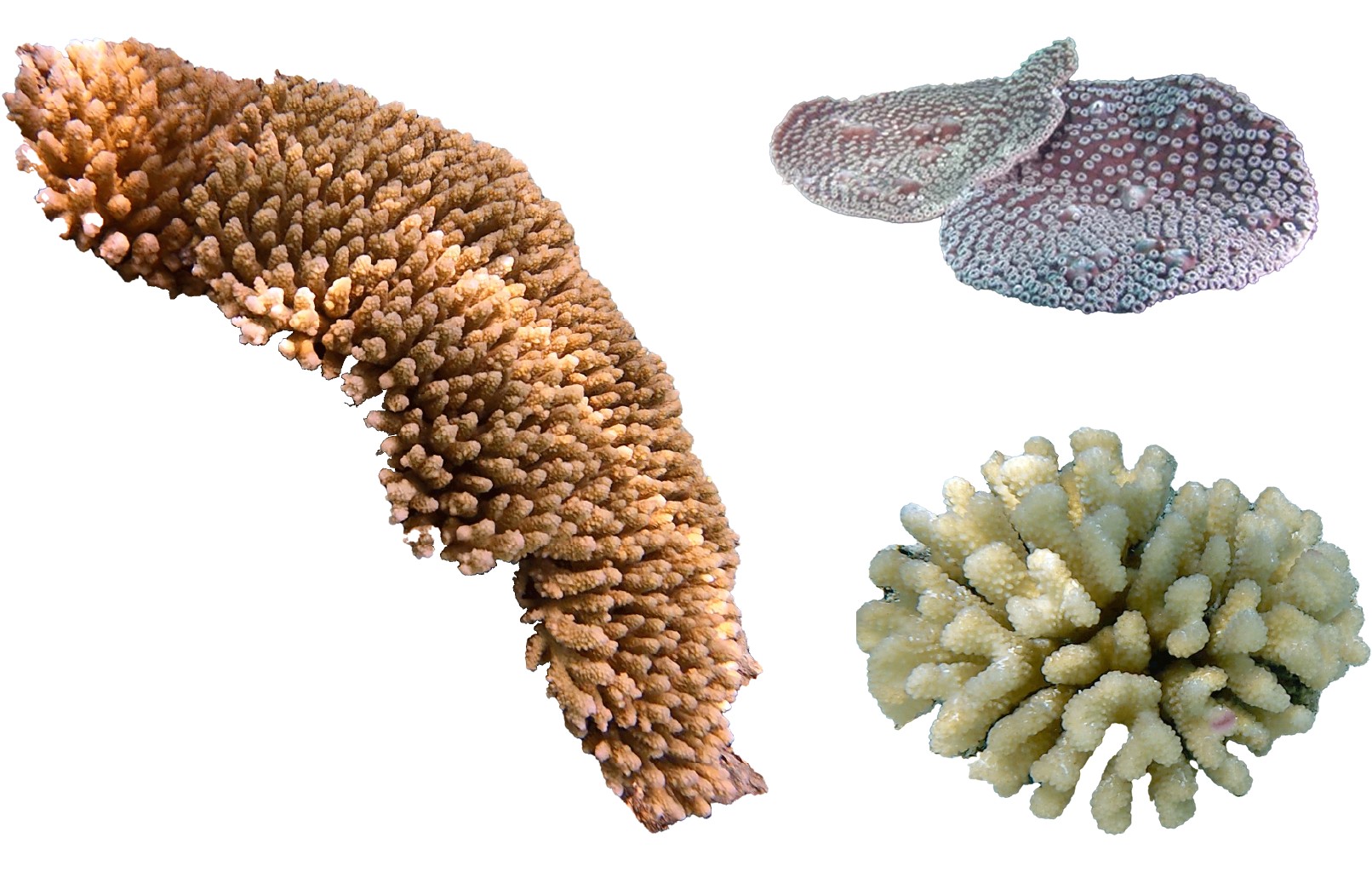
A new UW–Madison study has implications for predicting coral reef survival and developing mitigation strategies against having their bony skeletons weakened by ocean acidification.
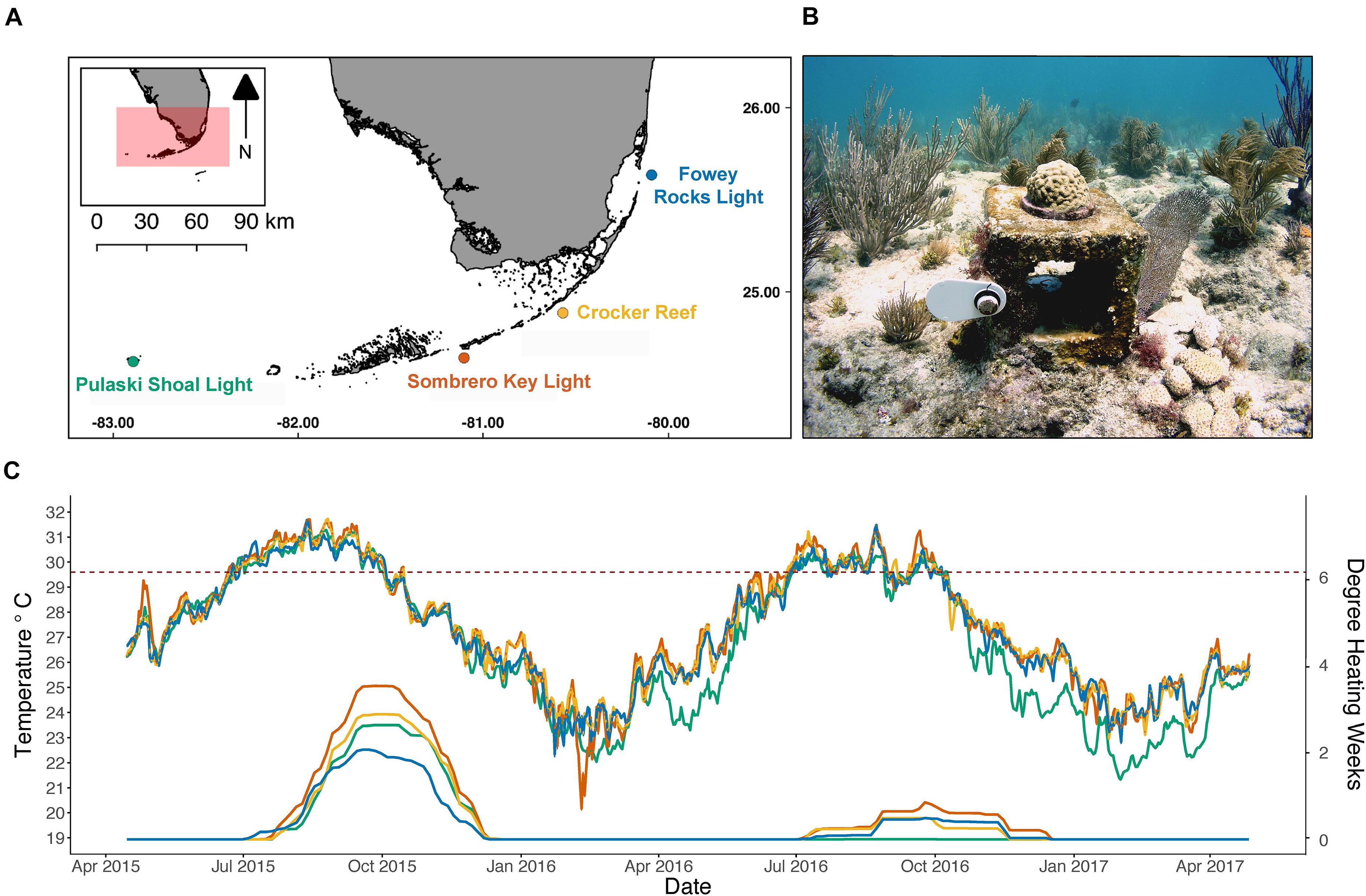
Frontiers Physiological Differences in Bleaching Response of the Coral Porites astreoides Along the Florida Keys Reef Tract During High-Temperature Stress
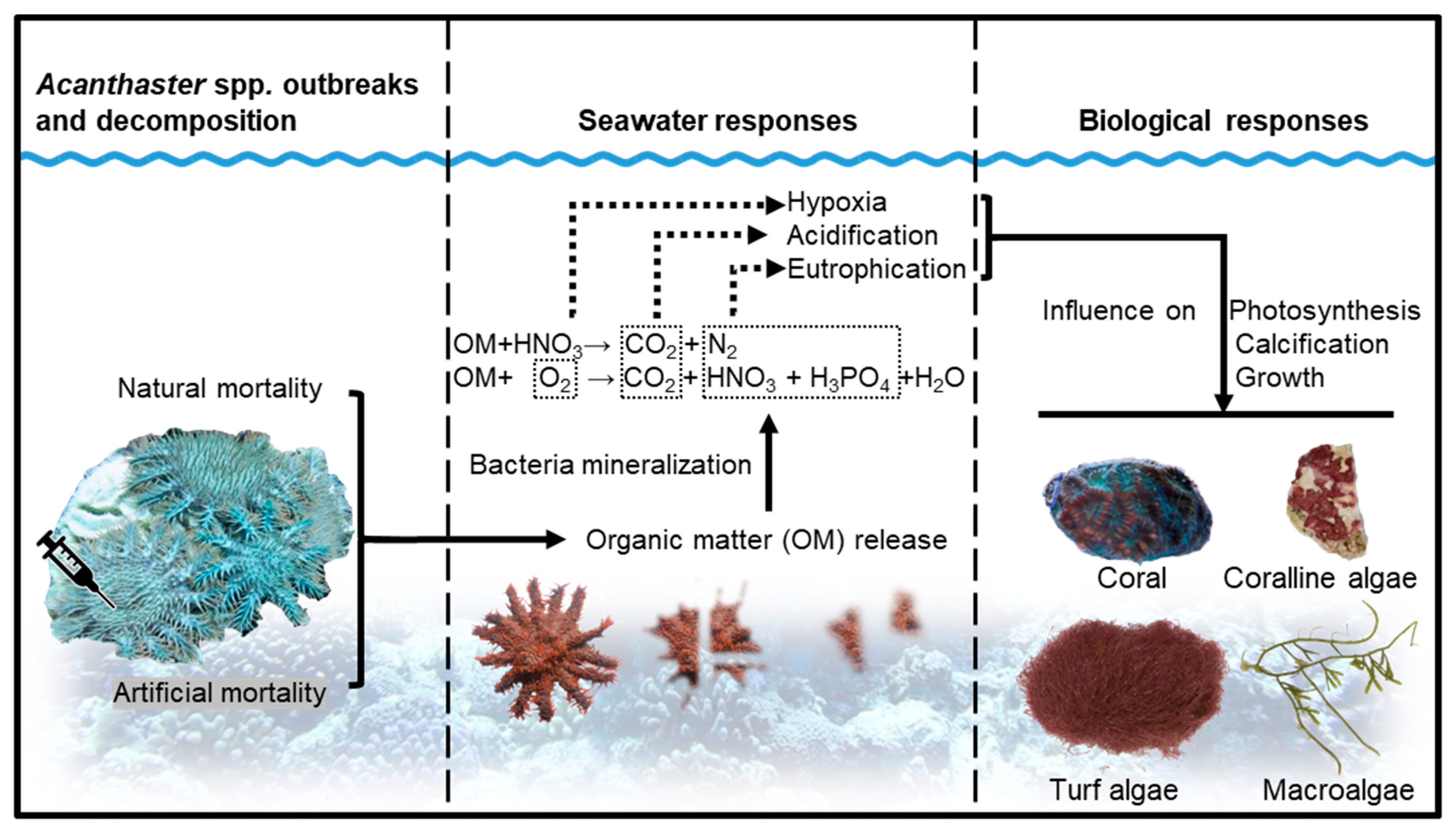
Water, Free Full-Text
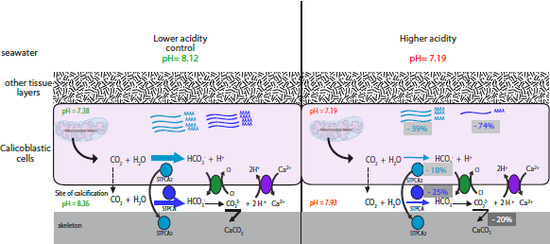
Marine Drugs, Free Full-Text

Proposed concepts for the boron transport from seawater to the coral
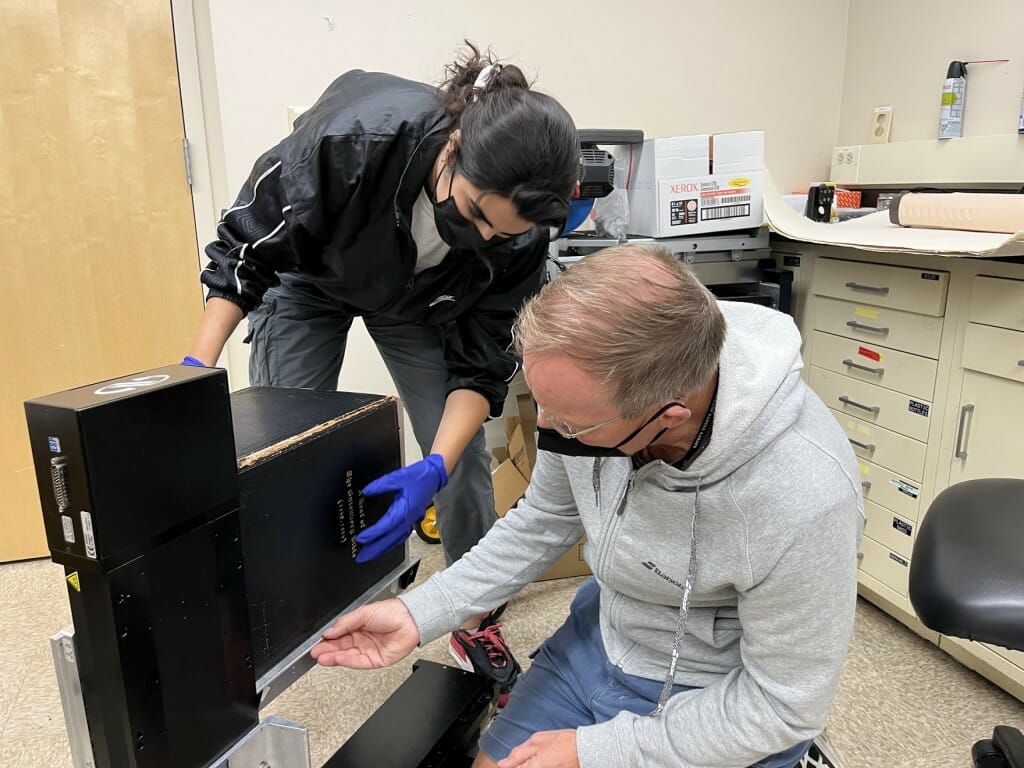
X(ray) marks the spot in elemental analysis of 15th century

Reef-Building Corals at Risk from Ocean Warming, Acidification - Eos

University of Wisconsin-Madison Profile

Ocean acidification negatively impacts the skeletal growth of
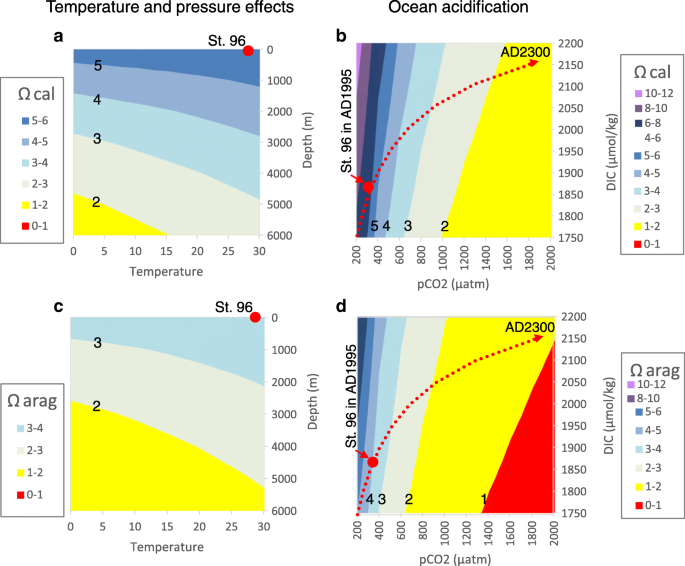
Perspective on the response of marine calcifiers to global warming and ocean acidification—Behavior of corals and foraminifera in a high CO2 world “hot house”, Progress in Earth and Planetary Science

Lori Tamura, Author at ALS - Page 17 of 73

biophysics – Department of Physics – UW–Madison

Perspective on the response of marine calcifiers to global warming and ocean acidification—Behavior of corals and foraminifera in a high CO2 world “hot house”, Progress in Earth and Planetary Science

Effects of ocean acidification on the dissolution rates of reef-coral skeletons [PeerJ]

A nanoscale look at how shells and coral form reveals that biomineralization is more complex than imagined